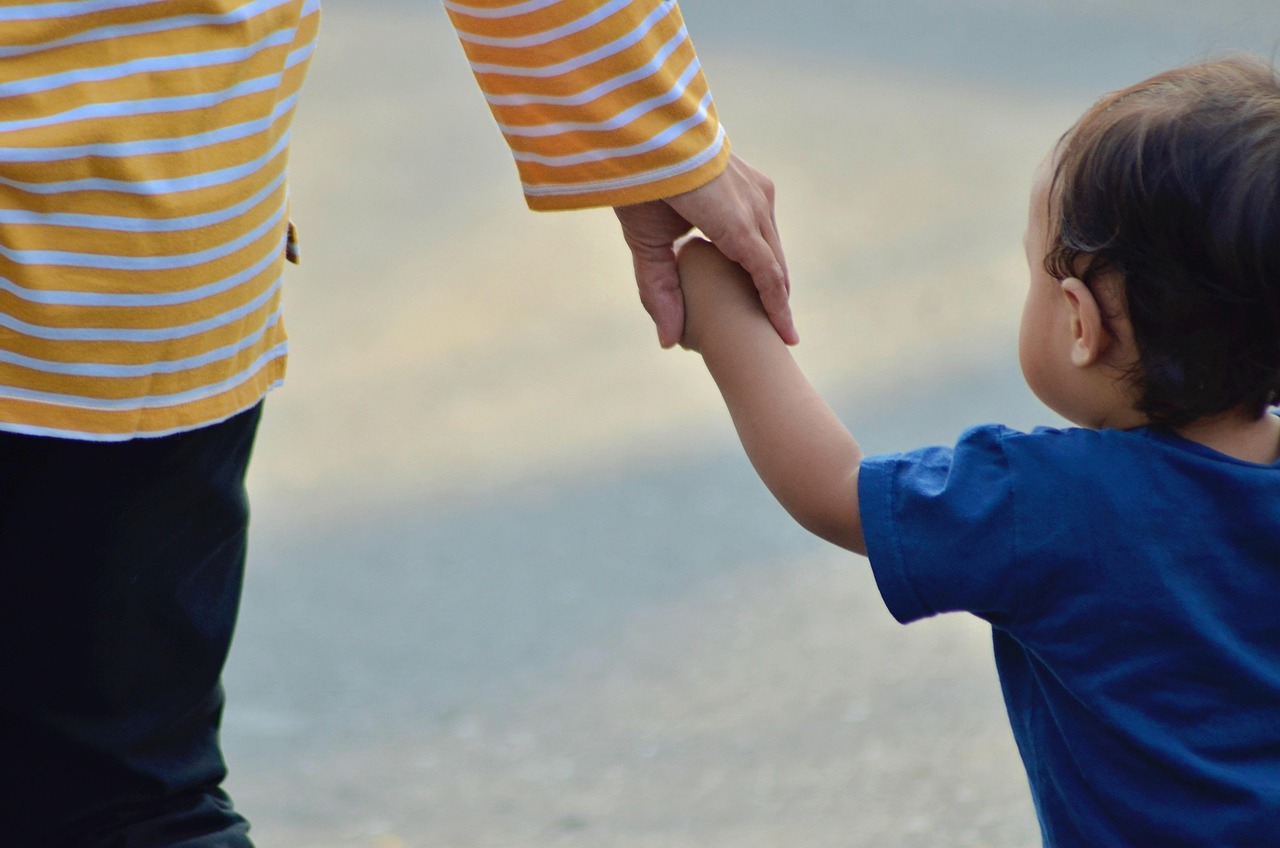
You probably think travelling with toddlers sounds like a recipe for disaster. You’ve heard the horror stories: meltdowns at 30,000 feet, forgotten comfort toys, and the dreaded nappy explosion in the hotel lobby. But thousands of parents and foster carers successfully holiday with under-5s every year, and you can too.
The key is accepting that your holidays will look completely different now. You won’t be sipping cocktails at sunset or exploring museums for hours. Instead, you’ll discover playgrounds in unexpected places and learn that a good soft play centre can save an entire rainy day. It’ll just be a different kind of adventure.
Choose Destinations That Actually Want You There
Forget trying to impress anyone with exotic locations. You need places where a tantrum-throwing three-year-old won’t result in dirty looks from other guests. Many UK seaside resorts have mastered the art of family hospitality. Towns like Weymouth, Scarborough, and Tenby offer proper family facilities without requiring passports or long journeys.
If you’re set on going abroad, keep flight times short. Two hours feels manageable with young children. Six hours feels like an endurance sport, and you’ll arrive exhausted before your holiday even begins. Spain, Portugal, and France all offer excellent family breaks within easy reach.
For carers fostering with Fostering People, familiar environments often work better than dramatically different destinations. Children who’ve already experienced significant change benefit from holidays that feel safe and predictable rather than overwhelming. You’re building positive associations with family time, not testing anyone’s limits.
Pack Like You’re Planning for Chaos
You’ll inevitably pack too much and still forget something essential. Accept this reality and focus on getting the important stuff right.
Clothes need serious consideration. Pack assuming everyone will spill, fall, and generally destroy at least two outfits daily. Then pack extra because you’ll underestimate their talent for mess. Include familiar favourites rather than saving new clothes for the trip. Comfort trumps style when you’re dealing with homesick toddlers.
Those battered comfort toys that embarrass you in public? They’re essential travel companions. Mr Snuggles might be the difference between peaceful nights and 3am meltdowns in an unfamiliar place. For children in your foster care, these items provide crucial continuity.
Your medicine kit needs proper attention. Pack infant paracetamol, antihistamine, plasters, and anything specific to your children’s needs. Keep prescriptions accessible. This is particularly important if you’re caring for looked-after children where medical decisions require proper documentation.
Snacks deserve dedicated luggage space. You won’t find every familiar brand abroad, and hungry children make everything harder. Pack more than you think you’ll need.
Expect Everything to Take Longer
Your pre-children travel timing no longer applies. What used to take thirty minutes now requires an hour. Airport security becomes an elaborate dance when you’re managing pushchairs, hand luggage, and small humans who need the toilet at precisely the wrong moment.
Build buffer time into every aspect of your journey. Flight connections that seemed reasonable on paper become stressful when you factor in the reality of travelling with young children. You’ll appreciate that extra hour when someone decides they absolutely must examine every single shop window between security and your gate.
Also, you might as well tear up those carefully planned itineraries now. You could spend an entire afternoon at one playground if everyone’s happy there. Fighting against what’s working rarely ends well. Flexibility becomes your most valuable travel skill.
Survive the Journey Itself
Entertainment bags are your secret weapon. Fill them with activities your children haven’t seen before, like new colouring books, sticker sets, small wrapped toys. Deploy them strategically when patience starts wearing thin, not after everyone’s already reached breaking point.
Tablets loaded with downloaded programmes can be lifesavers on long journeys. Yes, it’s more screen time than usual at home. No, you don’t need to feel guilty. Sometimes survival takes priority over perfect parenting guidelines.
Food becomes currency during travel. Pack things that take time to consume, like crackers, grapes, and breadsticks. Avoid high-sugar snacks that create energy spikes followed by spectacular crashes. You’ll regret that bag of sweets when someone’s bouncing off car windows an hour later.
For flights, don’t feel obligated to board first just because they offer family boarding. Sometimes staying in the departure lounge until the last possible moment works better than being confined to airline seats longer than necessary.
Make Your Accommodation Work
Whether you choose hotels, holiday cottages, or campsites, ensure your accommodation actually meets your family’s needs. Hotel rooms with connecting doors or family suites give everyone breathing space. If you’re booking self-catering properties, check what equipment they provide. Many holiday rentals now offer travel cots, highchairs, and toy boxes.
You’ll need to safety-proof your temporary home just like you would at home. Bring socket covers, cupboard locks, and stair gates if necessary. Check balcony railings, window locks, and move breakable items out of reach.
Consider your neighbours too. Hotel walls are thin, and crying children disturb other guests. Choose ground-floor rooms when possible, and be prepared to take unsettled children outside rather than letting them cry in confined spaces.
Why You Should Bother Despite Everything
You’re creating your children’s first travel memories and showing them that the world is an exciting, safe place to explore. For children in foster care, you’re demonstrating what positive family experiences look like. These trips lay foundations for their future relationship with travel and adventure.
You’ll witness magical moments that make every challenge worthwhile. Your two-year-old’s amazement at seeing the sea for the first time. The pride when your shy four-year-old orders ice cream in a foreign language. The pure joy of building sandcastles together.
Start small with your family travel ambitions. Try a long weekend somewhere nearby before attempting anything elaborate. Learn what works for your specific family situation, then gradually expand your horizons. Some families thrive on adventure holidays; others prefer quiet beaches. Neither approach is superior.
The secret isn’t recreating your pre-children holidays. It’s discovering what kind of trips work for the family you are now. Once you crack that code, you’ll wonder why you ever hesitated to travel with young children in the first place.
Related Articles:
– Unforgettable Abu Dhabi Trip – Itinerary & Things To Do
– Igniting the Spark of Lifelong Learning in Your Child
– Top 10 Tips for Dining Out in Abu Dhabi With the Kids
– The Future of Luxury Travel: A Glimpse of What’s To Come
– Everything You Need to Know About Travelling
– Paris Travel Guide – Best Things To Do in Paris

